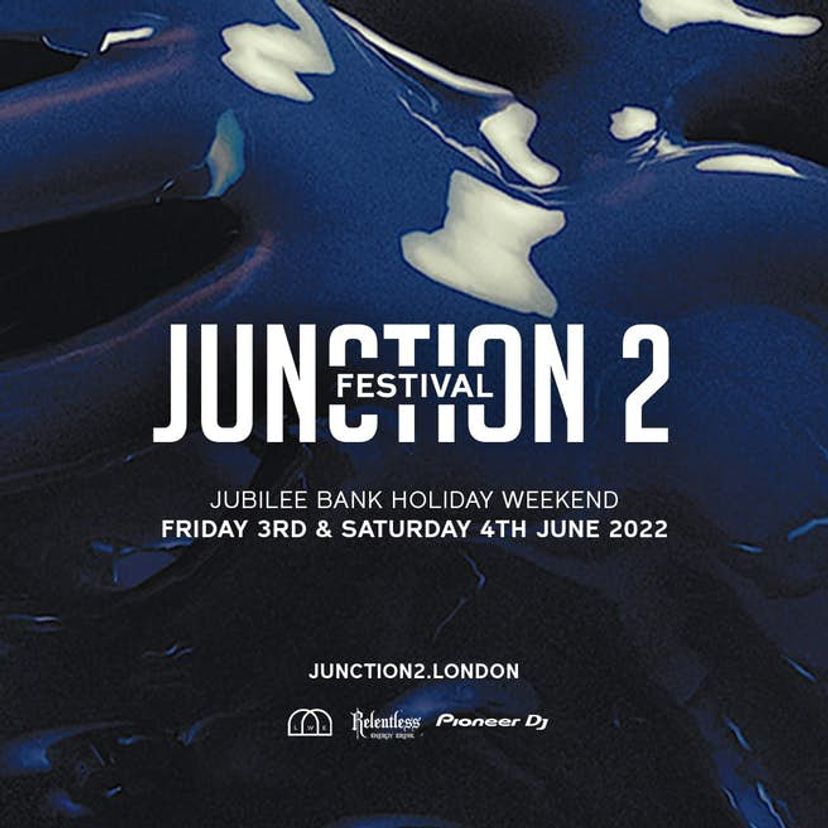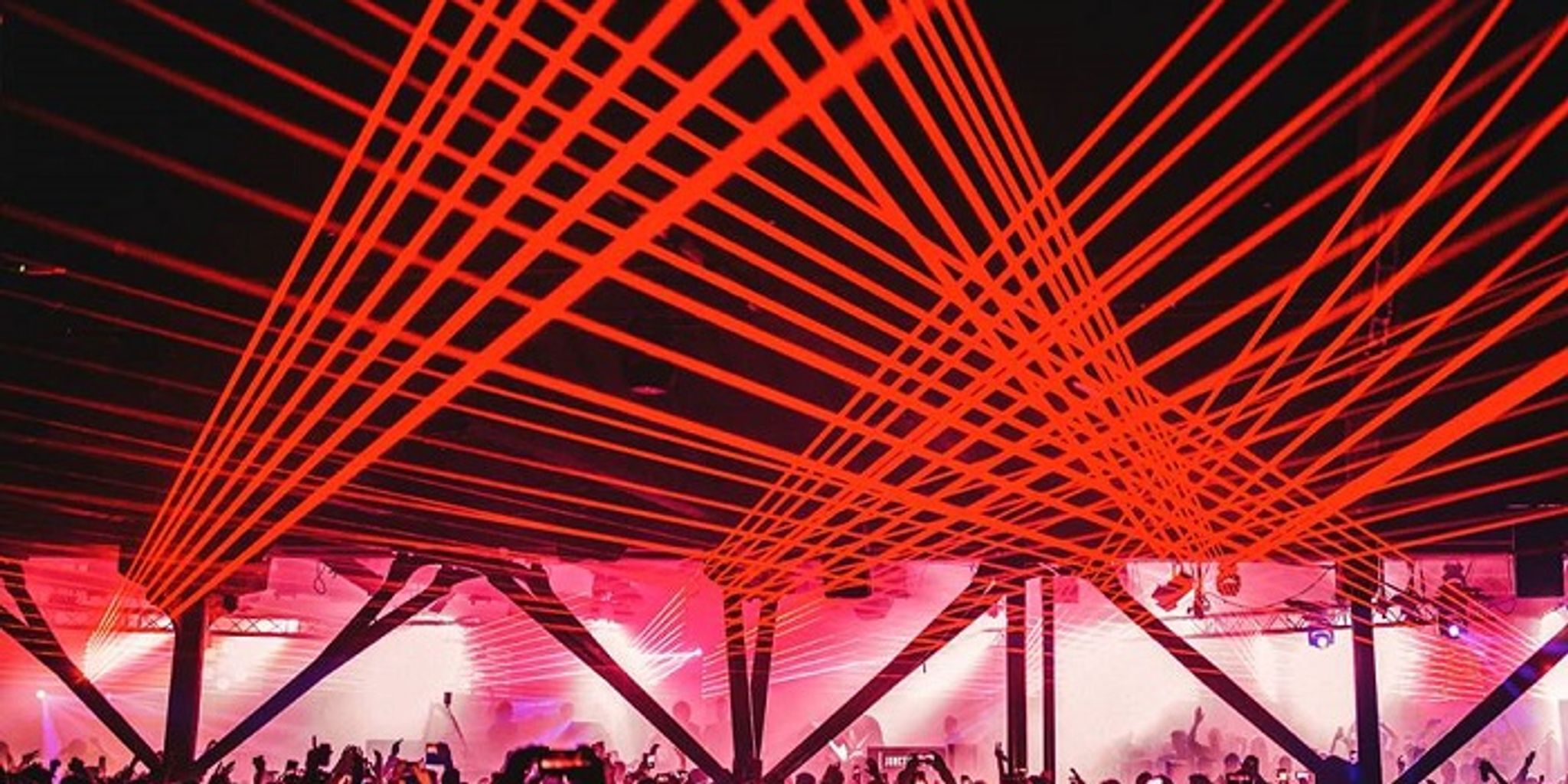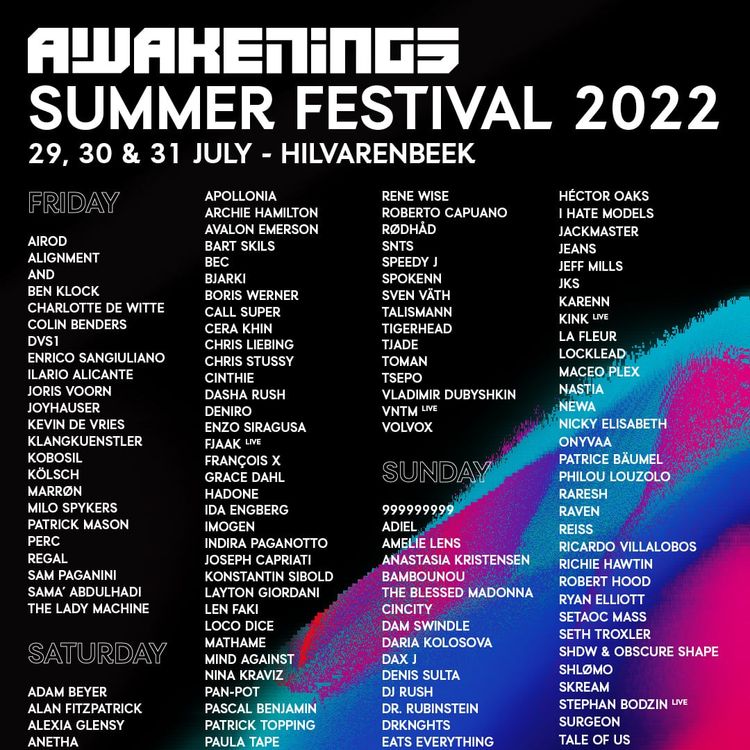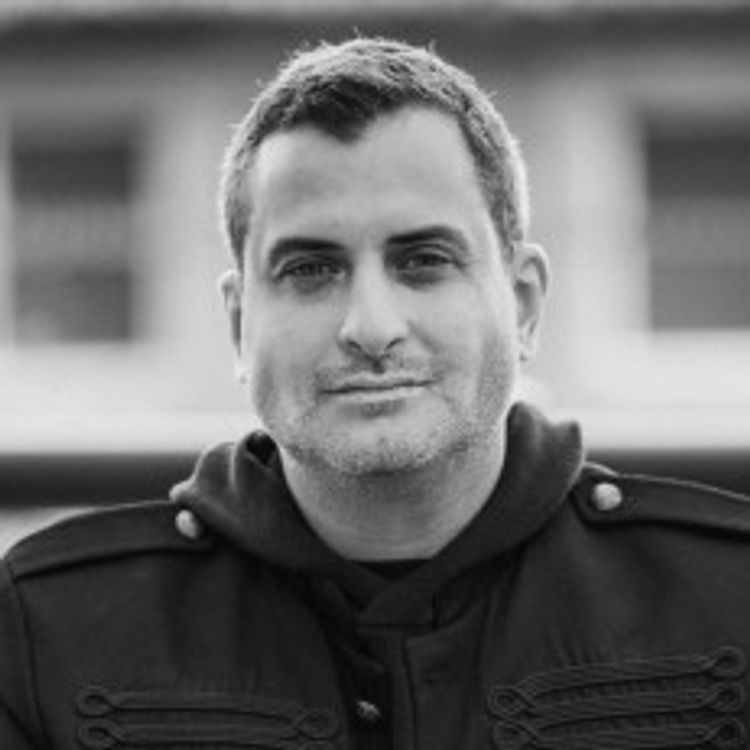Event Spotlight
London is known the world over for its unique, historic, and fascinating club culture. Institutions like Fabric, XOYO, Ministry of Sound, Printworks, and more have welcomed artists from all over the world and fostered musical exploration that’s shifted the course of dance music’s evolution.
Junction 2 is a festival that manifests London’s unique, historic, and fascinating club culture in an outdoor, multi-stage environment.
“Junction 2 was always designed to be the festival that we felt that London was missing,” says co-founder Will Harold. “[London] was one of the places where club culture had developed and taken on a London identity. You get that in different periods whether it’s Detroit, Berlin, Ibiza. There are these different areas where club culture has evolved and created its own pockets and melting pots. London really had that and I don’t think any of the festivals quite captured that.”
Harold is a product of that London club culture. As he speaks to Gray Area over Zoom from London, he jokes about failing his university degree twice because he spent too much time in nightclubs.
Unsurprisingly, Harold’s parents were less than thrilled at the idea of their son quitting school to party, but their disapproval served as his motivation. He wanted to prove that he made the right decision to pursue event organization, and after years of hustling, he did just that.

“I started from the ground up. Handing out flyers. Working behind bars. Grew slowly and steadily, worked my way through a bunch of different venues,” Harold says.
Harold would go on to cut his teeth booking some of the most in-demand club nights in London for venues like Fabric and Matter. Matter, unfortunately, closed down, but it was through that closure that Harold connected with fellow promoter Paul Jack, who became Harold’s partner in founding Junction 2.
With their shared experience working in the London nightlife industry, Harold and Jack were assured of the values around which they could build a festival that embodied the city’s club culture.
First and foremost it was imperative that the event be rooted in techno. To give their artists the room to breathe and take the dancefloor on a journey they pledged no short sets (most DJs are just getting started at one hour). There's no VIP at Junction 2 because techno is supposed to be non-pretentious. The production is stellar and you will never see a white plastic tent. Harold and Jack also pledged to bring together like-minded people and maintain unmatched attention to detail in everything they produced.

“That is what we wanted to deliver,” Harold says. “There are times when I pull those things back up and I throw it back at the team and tell them ‘Let’s not lose sight of this because this is what made it magic in the first place.’”
The success of Junction 2 demonstrates that Harold was right about the magic. The festival has only completed four editions (with the fifth being delayed numerous times due to COVID-19) and in that time the event has expanded to two days and tripled in size from 10,000 to 30,000 people, adding two new stages in the process making five total.
This growth wasn’t entirely smooth according to Harold, but sticking to the original tenants is what guided them to create what is now one of the most revered events in the UK.

“Year one we lost a tiny bit of money. Year two we lost an absolutely staggering amount of money, but it was one of the shows I’m most proud of, that we’ve ever put on,” Harold says. “We came back for year three and we didn’t change anything. Even though we lost a lot of money in year two we knew [we were] on the right path, and it’s that sort of gut instinct as a promoter, that singularity of vision—we knew what we wanted to create. We knew the fans were buying into it because we were the same fans. We were creating a festival that we wanted to go to.”
A key reason why Harold and the rest of the team would want to go to Junction 2 is the programming, which Harold still oversees directly. That responsibility would also extend to musical entities hosting the stages. For the most recent edition of the event, celebrated London record store Phonica and Croatia’s Sonus Festival each hosted a stage.
The original philosophy behind the bookings for Junction 2 was simple, “music first,” which stems from the original tenants of the festival. For years this philosophy served them well, but following the Black Lives Matter movement, Harold and the team committed to make changes that would make their booking process more inclusive.
Beyond consciously including more female, BIPOC, and queer artists on the lineup for the upcoming addition (which they did an excellent job of doing), this inclusivity begins within the Junction 2 team.
“We have a team of bookers who work with myself to do all the programming but then we also have monthly sessions with the whole team where we have open booking,” Harold says. “We sit down with the bookers leading the session with anyone who wants to join from the whole organization. Doesn’t matter whether you’re from the finance team or from the marketing team or the operations team. You’re welcome to come and sit down talk about what we’re booking, why we’re booking it, what music you’ve heard, who you like, who’s doing for you, who’s not, and we review that openly and transparently.”

Overall, as a tried and true raver, Harold understands that dance music was founded on inclusivity, and while there is still work to be done to make the scene truly inclusive for all walks of life, he takes the responsibility of booking a major festival seriously. He has the ability to influence that trajectory, and this sense of duty is shared by the entire team along with a true love for the dance floor.
“Ultimately, we’re all ravers. Even if we don’t spend as much time on the dancefloor as we probably once used to, that’s where we cut our teeth and that’s where our passion was,” Harold says. “I can say for certain that every event I’ve ever put on I’ve got on the dancefloor.”












